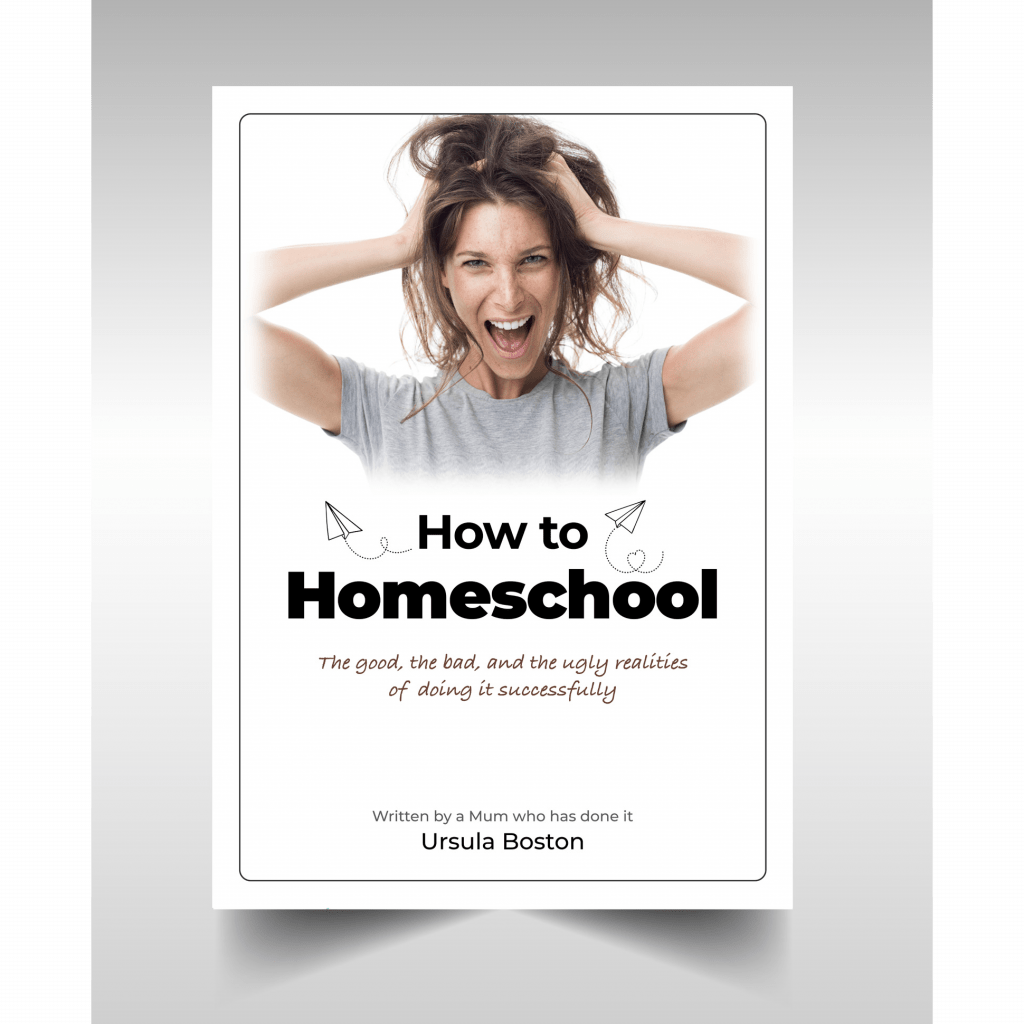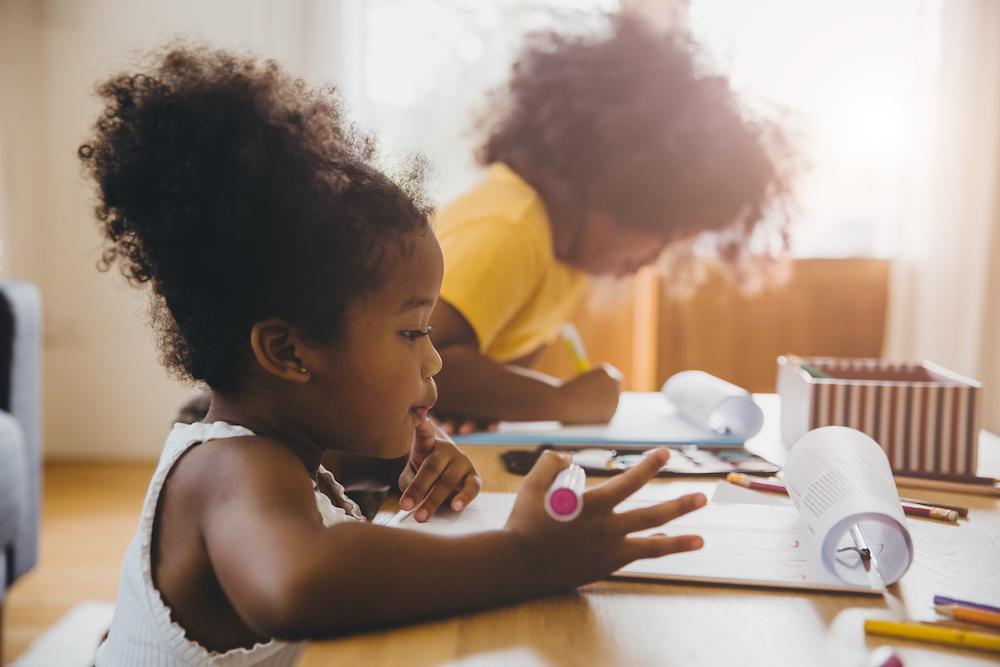The history of homeschooling is a long and winding one. It can be difficult to determine when, exactly, it began, as the practice has been around in some form or another for centuries.
But we can say with certainty that homeschooling is an educational approach that has seen a resurgence in recent years, as more and more parents have begun to question the traditional education system.
There are a number of reasons why parents might choose to homeschool their children. For some, it’s a matter of religious beliefs; for others, it’s a matter of educational philosophy.
Whatever the reason, there’s no doubt that homeschooling is on the rise.
If you’re thinking of homeschooling your own children, or if you’re simply curious about the history of this educational approach, read on to learn more about the origins of homeschooling.
The History of Homeschooling
Homeschooling can be traced back to the days of the early settlers in America. Families who settled in the frontier regions of the country often did so because they were seeking religious freedom.
These families were often too isolated to send their children to formal schools, so they educated them at home.
As the country began to expand and settle, homeschooling became less common. Families were no longer as isolated, and there were more schools available.
But homeschooling never completely disappeared; there have always been families who have chosen to educate their children at home.
In the early twentieth century, homeschooling experienced a revival of sorts. This was due in part to the publication of two books: A Framework for Freedom, by John Holt, and Education at Home, by Charlotte Mason.
These books promoted the idea that children could be successfully educated at home, and they inspired a new generation of parents to give homeschooling a try.
The 1970s and 1980s saw a further increase in the popularity of homeschooling, as parents became more dissatisfied with the traditional education system.
This dissatisfaction led to the formation of support groups and networks, which made it easier for families to connect with one another and share resources.
The 1990s and 2000s have been a period of tremendous growth for the homeschooling movement. More and more families are choosing to homeschool, and there is a greater variety of resources available than ever before.
This trend shows no signs of slowing down, which means that the homeschooling movement is likely to continue to grow in the years to come.
When Did it Start and Why Was it Created?
There is no one answer to this question as homeschooling began in different ways and for different reasons in different parts of the world.
However, some historians believe that the first recorded instance of homeschooling occurred in China during the Tang Dynasty over 1,000 years ago.
Some believe that it originated as a way for parents to give their children a classical education outside of the rigid structure of the imperial education system.
In the modern era, homeschooling began to gain popularity in the United States in the 1970s as a way to provide children with an alternative to public schooling.
Many parents were unhappy with the increasing focus on standardized testing and the lack of creativity and flexibility in public schools.
Additionally, many families wanted to have more control over their child’s education and upbringing. Homeschooling allowed them to do this, and as the movement grew, more resources and support became available.
Today, homeschooling is a popular educational choice for families all over the world. It allows children to learn at their own pace, in an environment that is tailored to their individual needs and interests.
Additionally, it gives families the opportunity to spend more time together and instil their own values and beliefs in their children.
While homeschooling is not for everyone, it has become a popular option for many families who want to take a more active role in their child’s education.
How Has Homeschooling Changed Over the Years
Homeschooling has changed a great deal over the years, and there are now more resources available than ever before.
Additionally, there is a greater variety of curriculum options and teaching methods to choose from.
This allows students to learn in a way that is best suited to their individual needs and interests.
Homeschooling also offers many benefits that traditional schools do not. For example, students who are homeschooled have more freedom to explore their interests and passions.
They also have more opportunities to travel and learn about the world around them. Additionally, homeschooling can be cheaper than traditional schooling, and it allows students to graduate at an earlier age if they so choose.
While homeschooling is not for everyone, it has become a popular choice for many families who want more control over their child’s education.
It allows children to learn in a setting that is tailored specifically to their needs, and it gives parents the opportunity to spend more time with their children.
Homeschooling also offers students unique opportunities to learn about the world and pursue their passions.
What are Some of the Pros and Cons of Homeschooling?
Homeschooling has been around for a long time, with different purposes at different times. In ancient Rome, for instance, wealthy parents would hire private tutors to teach their children at home.
During the Protestant Reformation in the 16th century, some Protestant reformers began homeschooling their children in order to give them a religious education that they believed public schools couldn’t provide.
In more recent times, the homeschooling movement has grown in response to concerns about the quality of education in public schools.
Some parents choose to homeschool their children because they feel that their children are not getting a good education in traditional schools, or because they want to be able to teach their children about their own religious or philosophical beliefs.
Others choose homeschooling because of the flexibility it allows for family life.
There are both pros and cons to homeschooling. On the one hand, homeschooling can allow students to learn at their own pace and in a way that best suits their individual needs.
It can also help children develop closer relationships with their parents and other family members.
On the other hand, there can be challenges associated with homeschooling, such as finding enough social opportunities for children or ensuring that students are adequately prepared for college or other post-secondary pursuits.
As well as other problems including time management, motivation techniques and discipline within the home environment. These are just a few of the many realities of homeschooling.
How Do You Go About Homeschooling Your Child or Children?
There are many different ways to homeschool, and it can be tailored to fit each child’s needs. Parents who homeschool their children often find it to be more convenient and affordable than sending their children to traditional schools.
There are also a variety of reasons why parents choose to homeschool. The most common are dissatisfaction with traditional education, school violence and harassment, and lifestyle changes.
If you want to learn how to do this from someone who has actually done it. Twice! Now you can. After homeschooling our two daughters through to university, I now have the time to show others how to do it successfully.
And hopefully, save some of you from experiencing the ugly side of homeschooling.
For a limited time – I’m offering massive discounts for any first-time purchase. Use code ( first20off ) at checkout.

How to Homeschool – The Good the Bad and the Ugly Realities of Doing it Successfully
This is the book I wrote to my younger self about doing it successfully. Take it from someone who has been there.
It is everything I have learned from my 18 years as a full-time educator, mum, and housewife.
It is everything you need to get started.

About The Author
My name is Ursula Boston. I’ve been educating my daughters as a proud homeschool mum for nearly 20 years. Alongside managing our household and small business from home.
If you want to learn how to do this from someone who has actually done it. Twice! I will show you HOW.







